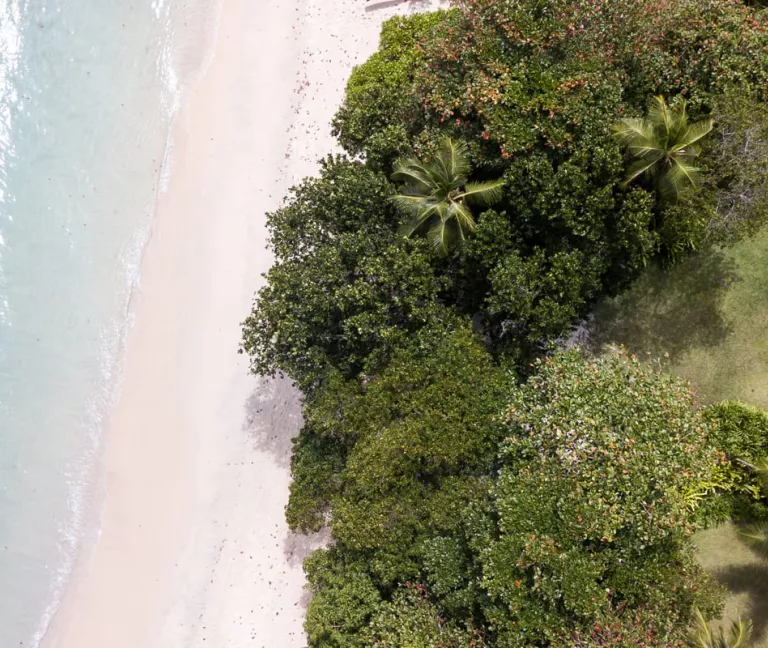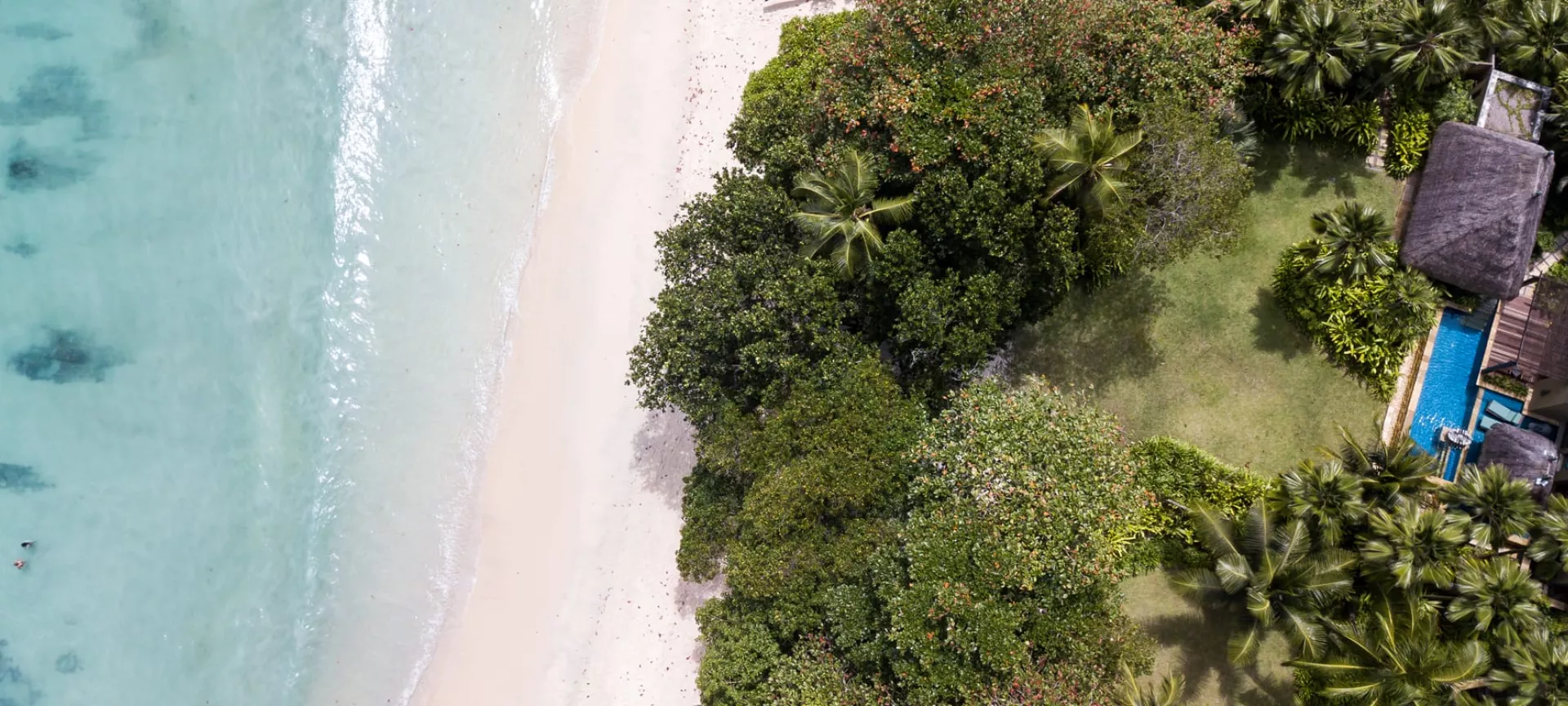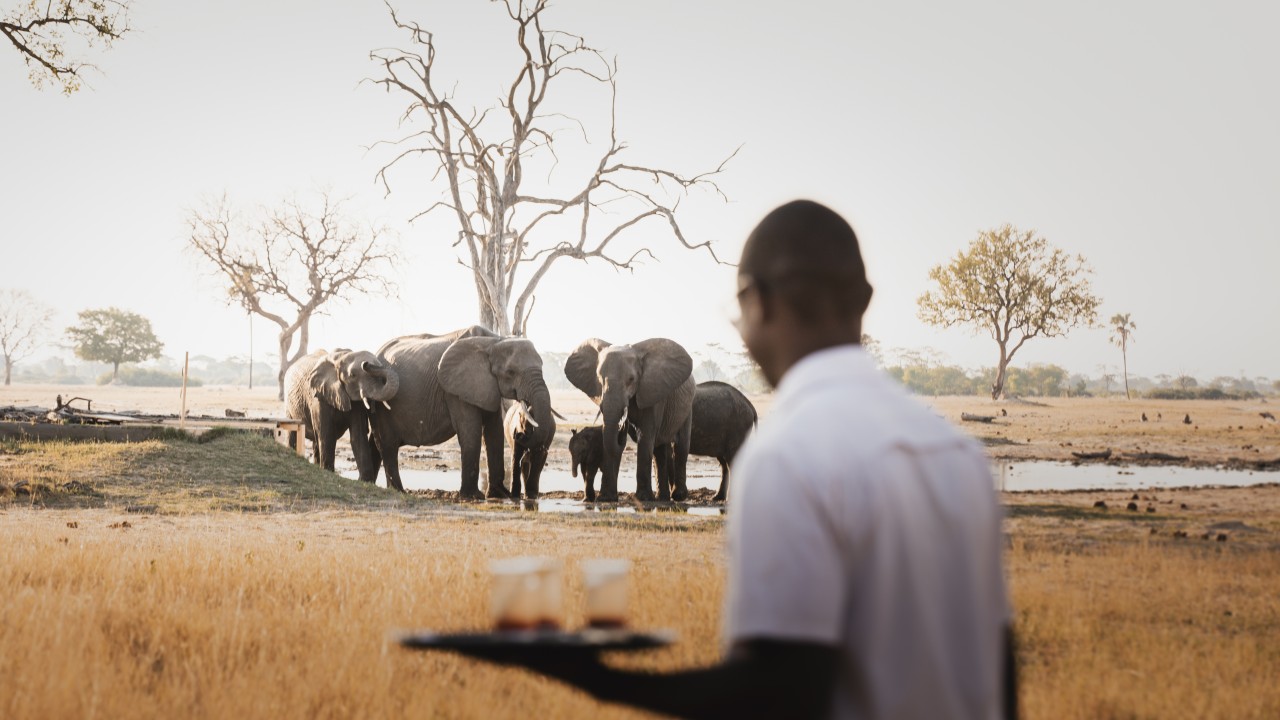
If you’re reading this, you, like most of our clients, want to know the answer to this question: Should you tip on safari?
And while there isn’t a one-size-fits-all answer, understanding the ethical and cultural considerations of tipping in safari lodges can really help you make an informed decision.
In this write-up, we’ll explore the different perspectives, giving you insights to help guide your decision.
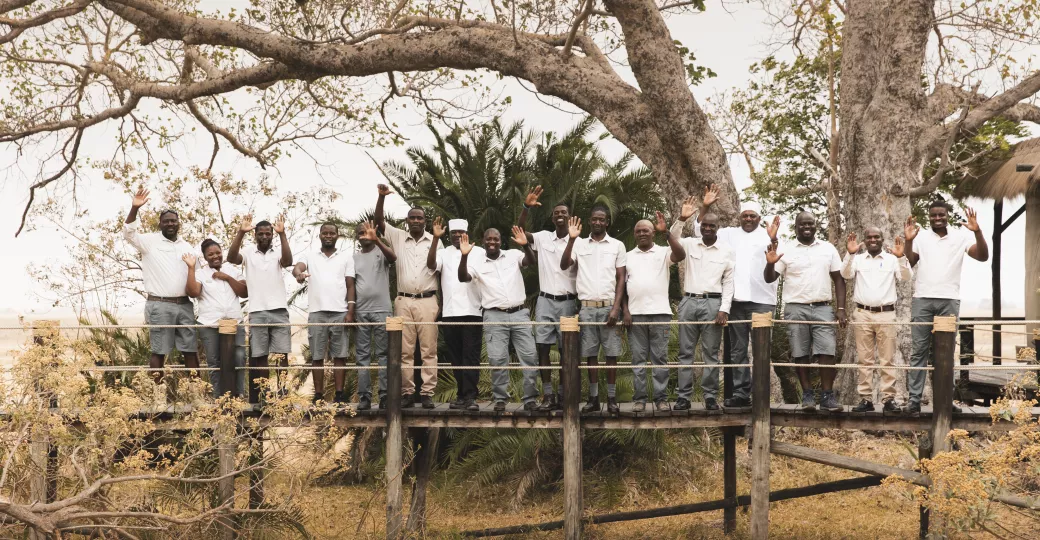
Shumba Camp Staff - Wilderness
The Travellers’ Perspective
Tipping is a common practice in many parts of the world, but the customs and expectations can vary widely across cultures and destinations.
From a traveller’s point of view, tipping on safari can be influenced by several factors:
1. Cultural Differences:
Tipping practices differ globally. Coming from countries where tipping is customary, such as the US or UK, you may feel more at ease leaving a gratuity. Conversely, visitors from places where service charges are typically included, like some European countries, may feel uncertain about the expectations.
Key takeaway: Tipping is a valued gesture of appreciation for outstanding service in all African safari destinations.
2. Value of Service:
Premium safari experiences often involve personalised service that goes above and beyond. From your guide's expertise in tracking wildlife to staff remembering your name and preferences, these elements significantly enhance your trip. Tipping can be a way for guests to acknowledge these efforts, recognising all the unique contributions that make the safari memorable.
3. All-Inclusive vs. Tipping:
Some travellers prefer to see tipping included in the final bill to avoid guesswork. While this idea has merit, in practice, it’s challenging to implement fairly across all staff, as it could result in uneven rewards for service quality.
4. Ethical Considerations:
Some believe that staff should be adequately compensated by their employers without relying on tips. This is understandable, however, the reality is that running a safari lodge involves many costs beyond staff salaries. Tipping is a way to directly support staff who often work long hours and make personal sacrifices to deliver exceptional service.
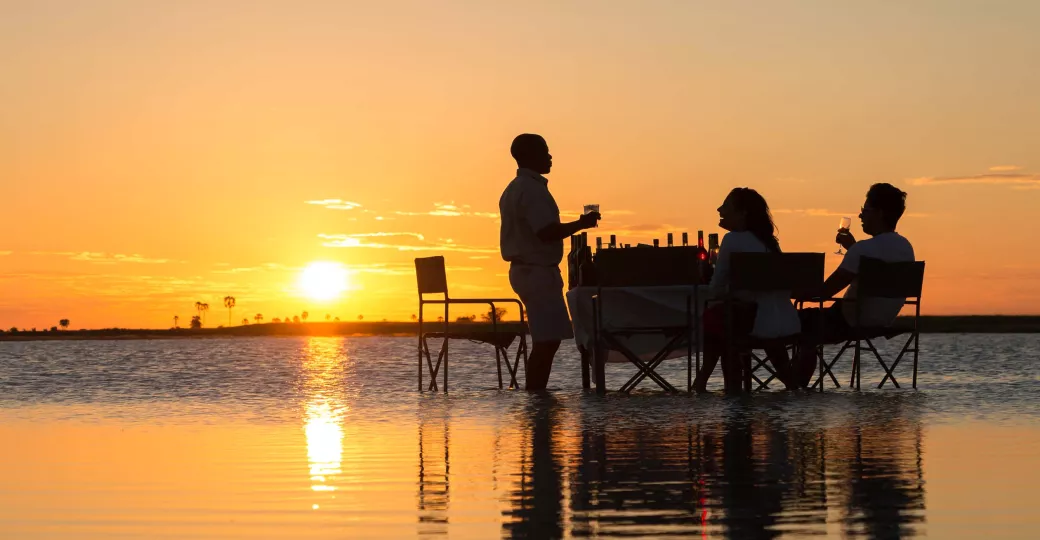
Sundowners on the Makgadikgadi Pans - Natural Selection
The Staff’s Perspective
For safari lodge staff, tips are more than just a financial boost - they're a recognition of their dedication and hard work in creating outstanding guest experiences.
Here’s why:
1. Time Away from Home:
Safari staff frequently work long shifts, spending weeks, or even months, away from their families. Tipping acknowledges their dedication and the personal sacrifices they make to provide stellar service. Imagine being away from your children and loved ones for extended periods - it’s a sacrifice they willingly make, knowing that tips help make it worthwhile.
2. Supporting Extended Families:
In many African communities, one salary may support an entire extended family. Your tips go beyond the staff member you meet - they help pay for school fees, medical care, and essential daily needs, creating a ripple effect of positive impact.
3. Behind-the-Scenes Efforts:
While you’re enjoying the tranquillity of the bush, staff manage various challenges to ensure seamless operations - from safeguarding your camp from lions and baboons to preparing gourmet meals. Staff appreciate when guests recognise these unseen efforts through tips, as it shows an understanding of the hard work involved in creating a flawless experience.
4. Creating Memorable Moments:
The small touches, like remembering your favourite hot drink in the morning or going the extra mile to find that elusive bird on your checklist, are part of what makes safari staff exceptional. Tips can serve as a heartfelt thank you for these personalised experiences. Staff often take pride in their work and feel validated when guests acknowledge their contributions through tipping.
5. Recognising the Difference:
For many of the staff who bring your safari experience to life, the gap in living conditions between themselves and their guests can be significant. While a safari might feel like a considerable investment to you, for those who may return home to villages without running water or electricity, even a small tip can make a meaningful impact.
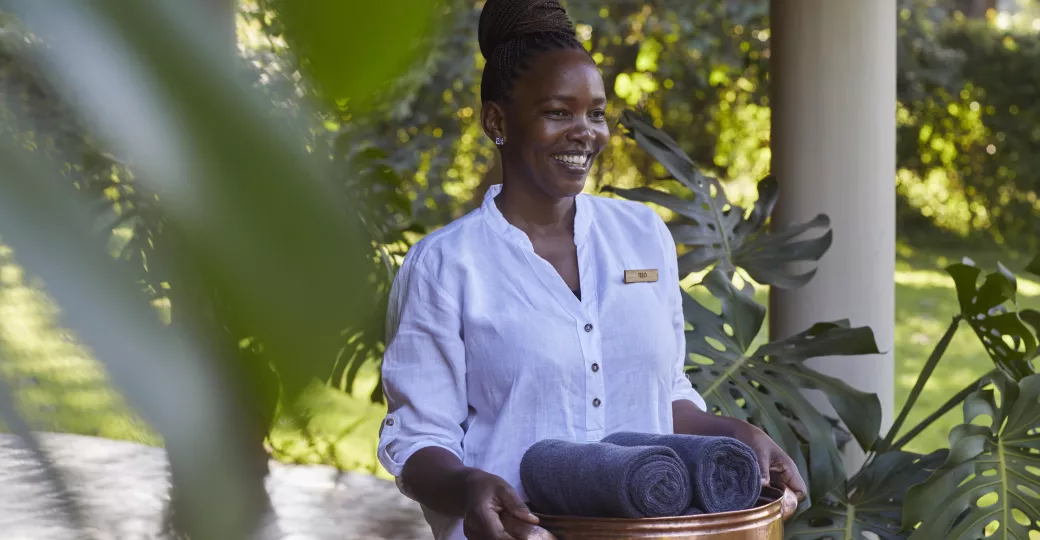
Spa staff - Legendary Lodge
Practical Tips for Tipping on Safari
So… should you tip on safari?
At the end of the day, tipping is always a personal choice. It’s ultimately about recognising the value of the experiences you’ve enjoyed and showing appreciation.
Here are some tipping guidelines so you can be best prepared for your next African adventure:
Research: Before your trip, learn about the tipping culture in your destination and consider seeking advice from Africa travel experts (like us).
Plan Ahead: Include gratuities in your travel budget to avoid last-minute surprises.
Be Discreet: If you choose to tip, do so discreetly and with genuine appreciation for the service you've received.
For detailed tipping guidelines, including who to tip, how much to tip, how to tip, and the best practices for tipping during your safari, be sure to check out our handy Tipping Guide which covers every detail you should know before going on safari.

Taylor Knight
Growing up with the vibrant landscapes of South Africa as her backdrop, Taylor has always been drawn to nature and adventure. Her wanderlust has led her to explore diverse corners of the world, wit...
View profileNever miss a notebook entry with our newsletter

